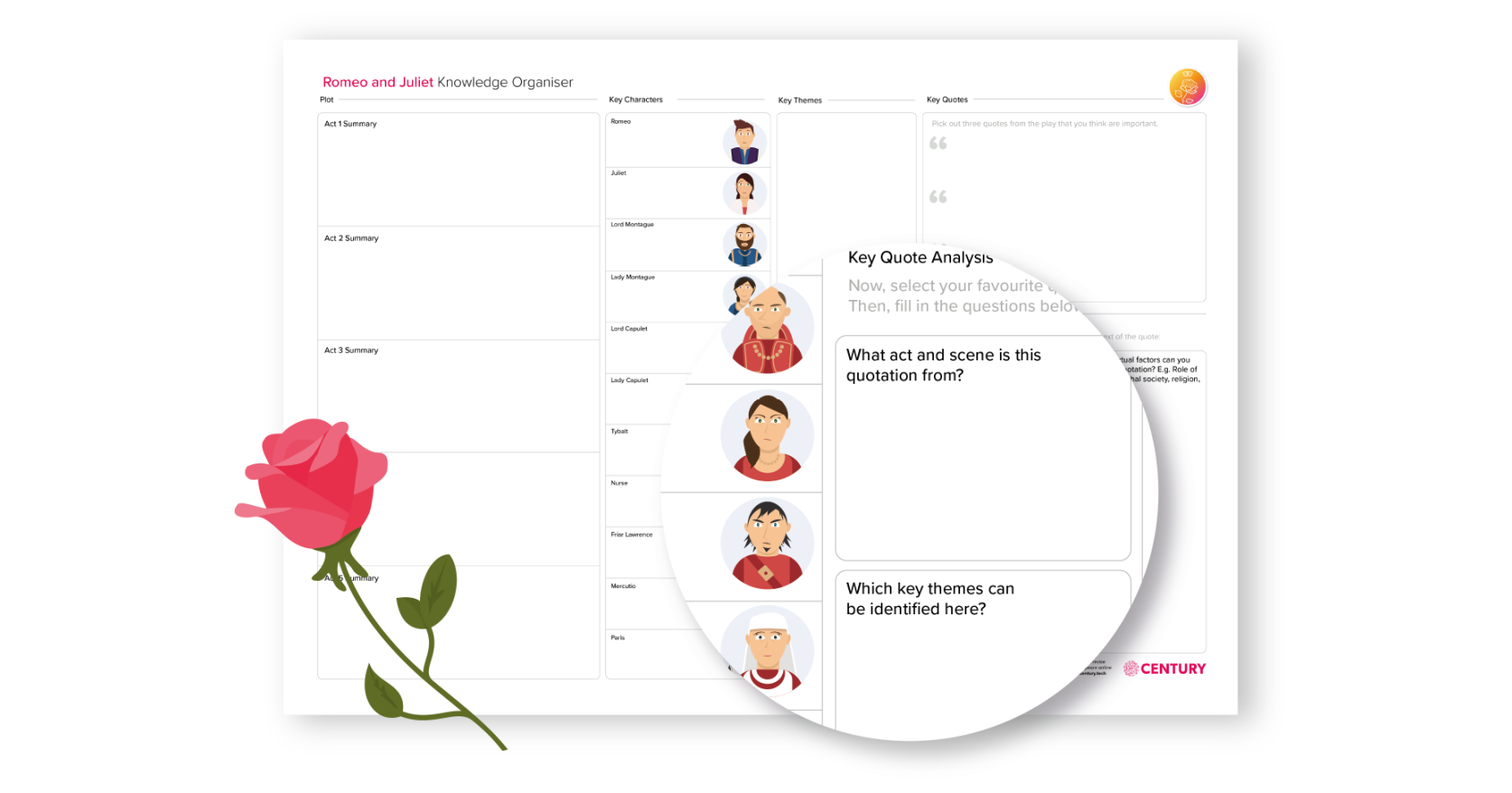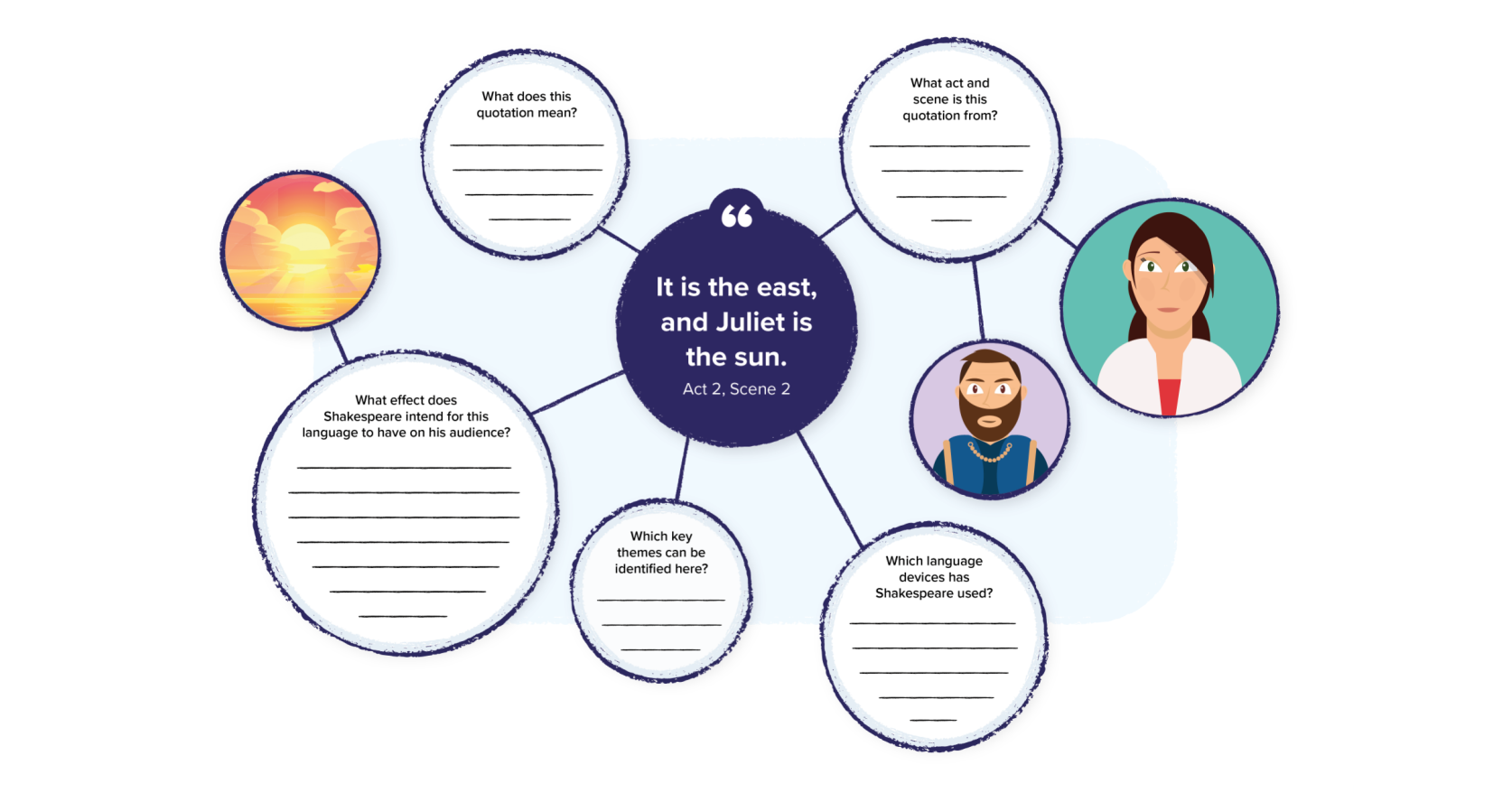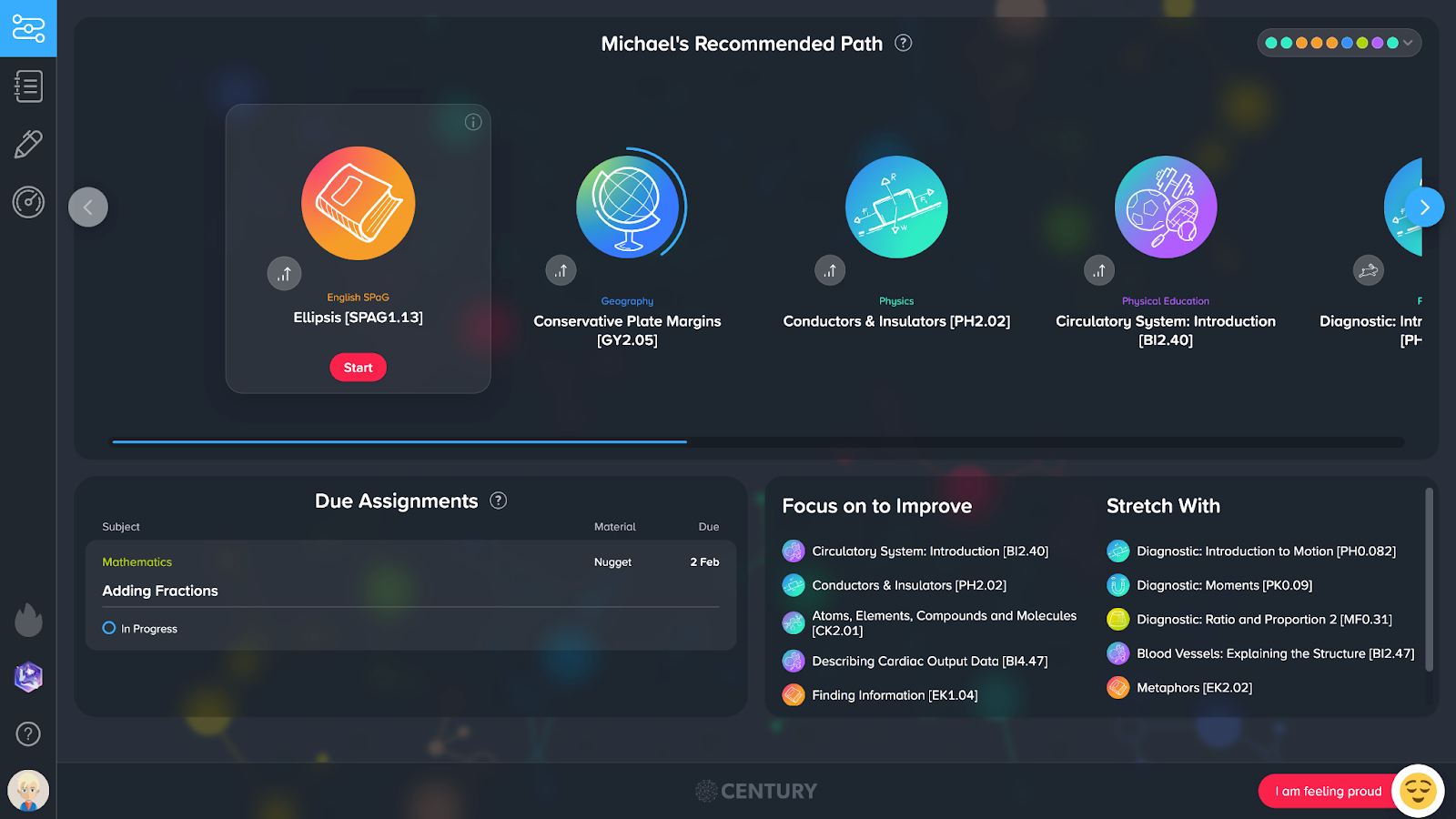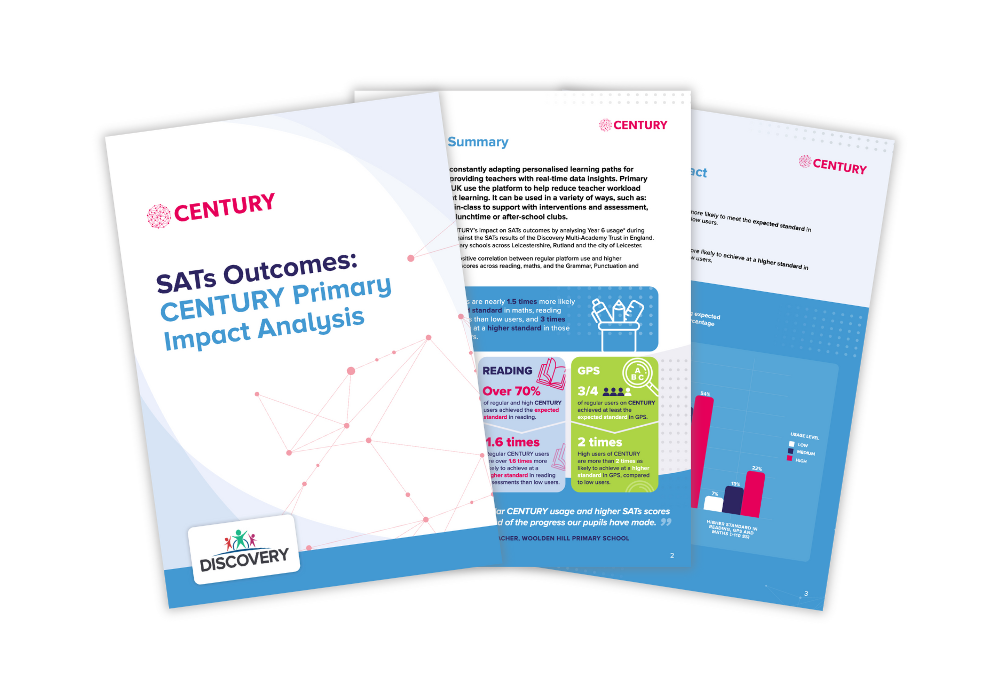Most people can recall their first experience with Shakespeare in the classroom – as one of the most popular playwrights of all time, his work is still one of the key elements of the English curriculum today. Studying a Shakespeare play can be an extremely enriching experience for a student, but it can also be a challenging one.
For teachers whose students may be approaching Shakespeare for the first time, the English Curriculum team at CENTURY has compiled some top tips to help maximise student engagement from day one.
1. Explore how Shakespeare has shaped the English language today
Many words and phrases we use today were coined by Shakespeare himself. As an English teacher, there’s no doubt you already know this, but how can they be used to boost engagement?
Exploring some of the language introduced by Shakespeare as a starter activity can be a great way to kickstart a Shakespeare unit. It can make the plays feel more accessible and relevant to students and is a task which can be differentiated. The activity itself can also prompt meaningful conversations on the origins of his words.
Here are a couple of ideas from plays commonly studied in schools to get you started:
- ‘Macbeth’ (Act 2, Scene 3) – ‘Knock, knock! Who’s there…?’
Although it was not used to evoke humour in this scene, the famous ‘Knock, knock! Who’s there…?’ can be found in Shakespeare’s play, ‘Macbeth’. - ‘Romeo and Juliet’ (Act 2, Scene 4) – ‘Wild-goose chase’
While we currently associate this idiom with meaning to hopelessly pursue something, in the context of ‘Romeo and Juliet’, ‘wild-goose chase’ had equestrian connotations.
2. Organise for your students to watch a production of a Shakespeare play
The spring and summer terms can be a great time to organise a viewing of a Shakespeare production for your students. If you are unable to arrange a theatre visit, Shakespeare’s Globe generously offers free streaming on a select number of Shakespeare plays each year.
Alternatively, if budgets allow, a theatre company can also bring the entertainment to you. Many companies have superb productions designed for all key stages so you can select the most suitable one in keeping with your scheme of work. Often, they are also able to provide thought-provoking and engaging workshops.





